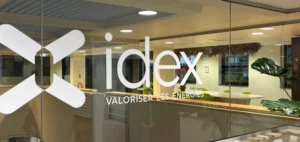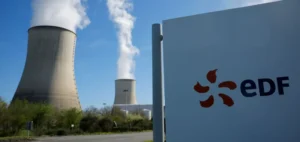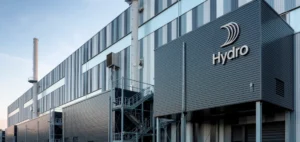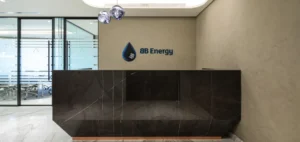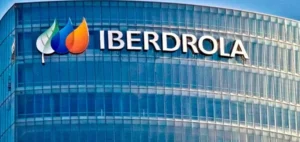TotalEnergies and Mistral AI have officially launched a strategic collaboration by creating a joint laboratory dedicated to developing artificial intelligence (AI) solutions for the energy sector. The partnership specifically targets optimizing industrial operations, supporting internal research teams, and improving customer experience through advanced digital tools. This laboratory aims notably to strengthen TotalEnergies’ operational efficiency, addressing the specific challenges within the energy sector, including managing complex assets and reducing operational costs. Financial details and specific quantified objectives for this project, however, have not been disclosed.
Operational details of the partnership
The innovation laboratory will consist of mixed teams drawn from Mistral AI, a specialist in generative artificial intelligence solutions, and TotalEnergies’ internal teams with recognized industrial expertise. Mistral AI will provide its innovative AI technologies, while TotalEnergies will share its expertise in geosciences, industrial management, and predictive maintenance. Initial projects include developing a digital assistant for the 1,000 internal researchers, decision-making solutions for managing industrial assets, and tools to enhance customer experience through tailored digital solutions.
Planned concrete applications
Applying these new artificial intelligence technologies is expected to streamline predictive management of industrial equipment, significantly reducing downtime and associated operational costs. The partnership also aims to improve the speed and quality of research and development processes and achieve productivity gains through partial task automation. TotalEnergies intends to position itself at the forefront of industrial practices leveraging emerging digital technologies, though specific technical details about the algorithms or platforms being used have not been provided.
European technological sovereignty
A key aspect of the partnership is addressing European technological sovereignty, a critical concern amid increasing international dependence on external technology providers. The two companies are jointly committed to exploring the potential deployment of fully European AI infrastructure hosted by TotalEnergies. This approach reflects a strategic choice aimed at maintaining complete control over industrial and operational data while minimizing risks associated with external technological solutions from international vendors.
Complementarity with existing digital strategy
This new AI laboratory complements TotalEnergies’ broader digital strategy, represented by its internal Digital Factory. This initiative, operational for five years, currently employs approximately 300 developers and data scientists who have developed around one hundred digital tools, most based on generative AI and machine learning. The partnership with Mistral AI aims to extend and deepen existing capabilities, offering new tools directly applicable to the group’s industrial operations.
Next steps of the project
Initial trials are expected to commence soon, although no specific timeline has yet been announced. The laboratory’s success will largely depend on the rapid integration and adoption of the developed solutions into TotalEnergies’ internal processes. Achieving the strategic objectives of this partnership will require concrete evaluations of the effectiveness of implemented solutions and their real impact on the group’s operations.
The announcement of this AI laboratory highlights significant opportunities and challenges associated with deeply integrating digital technologies into the energy industry, encouraging industry players to closely monitor future developments.














